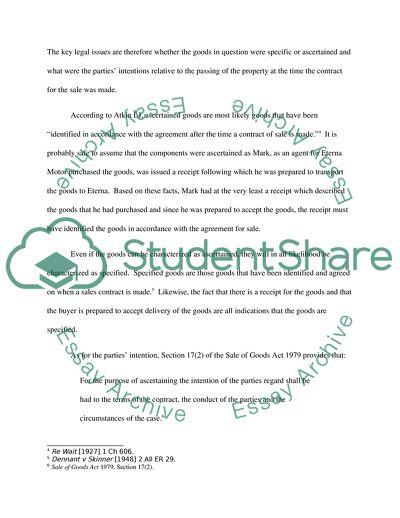Cite this document
(Remedies for International Sellers of Goods Case Study - 1, n.d.)
Remedies for International Sellers of Goods Case Study - 1. Retrieved from https://studentshare.org/law/1743844-commercial-law
Remedies for International Sellers of Goods Case Study - 1. Retrieved from https://studentshare.org/law/1743844-commercial-law
(Remedies for International Sellers of Goods Case Study - 1)
Remedies for International Sellers of Goods Case Study - 1. https://studentshare.org/law/1743844-commercial-law.
Remedies for International Sellers of Goods Case Study - 1. https://studentshare.org/law/1743844-commercial-law.
“Remedies for International Sellers of Goods Case Study - 1”. https://studentshare.org/law/1743844-commercial-law.


